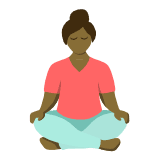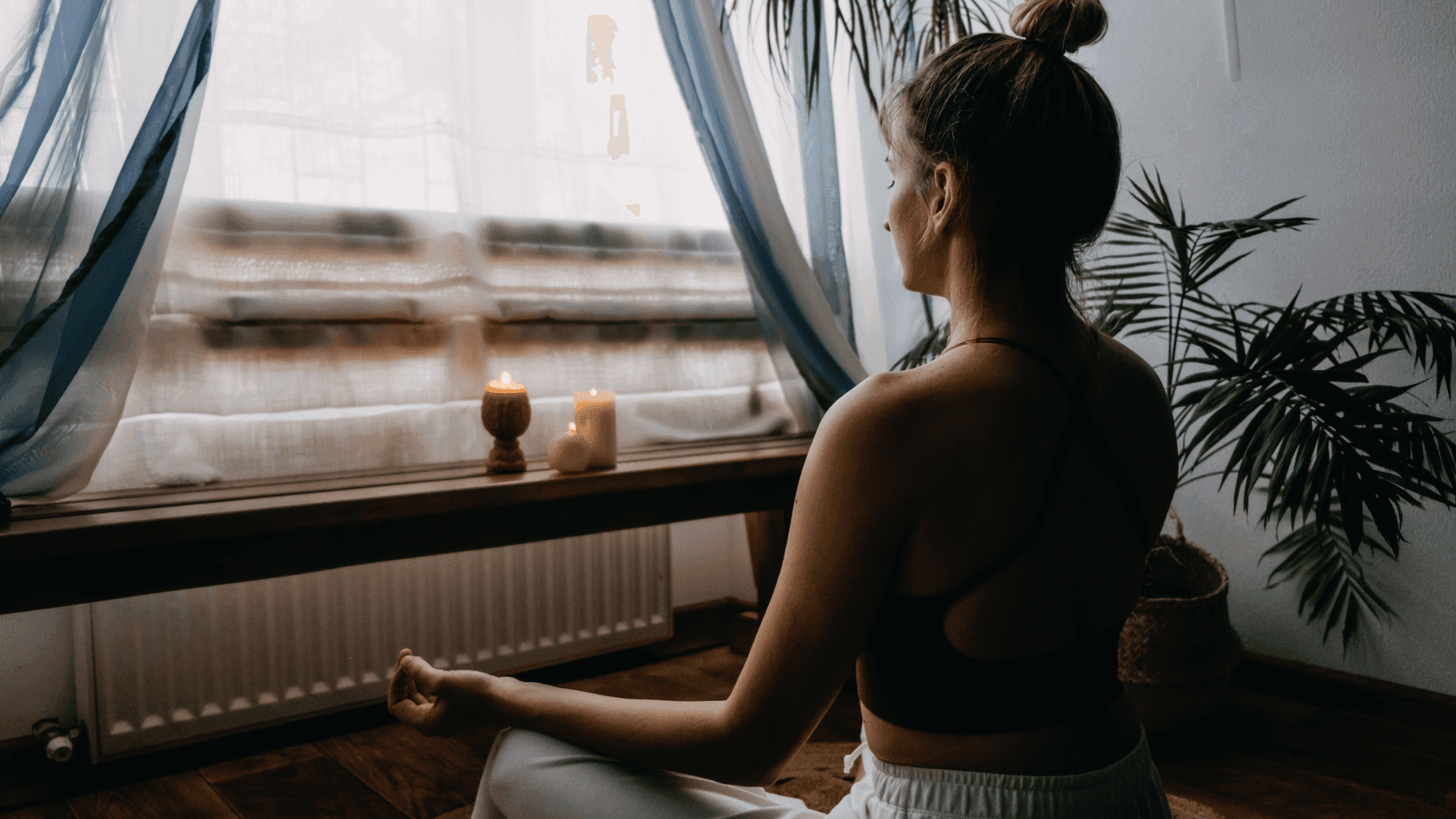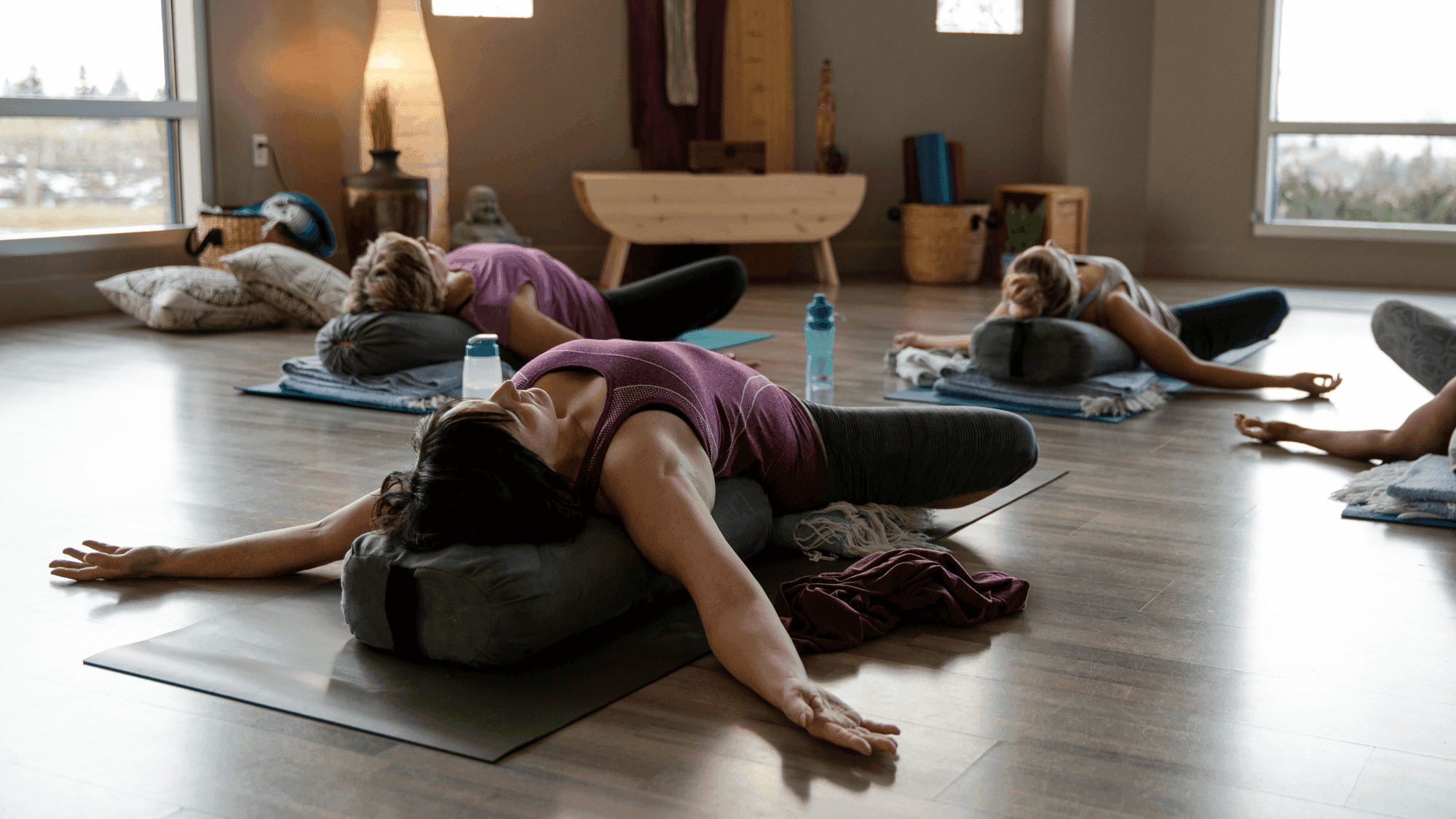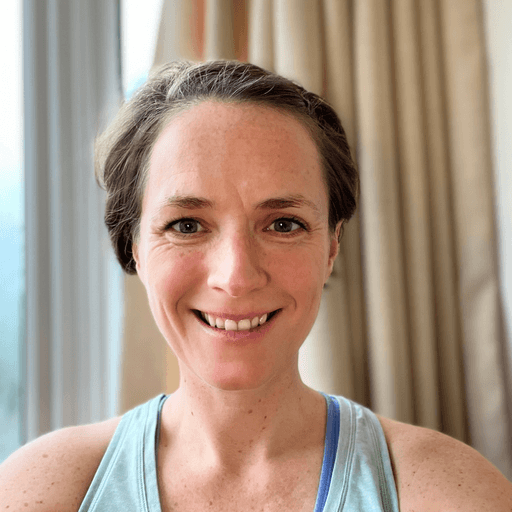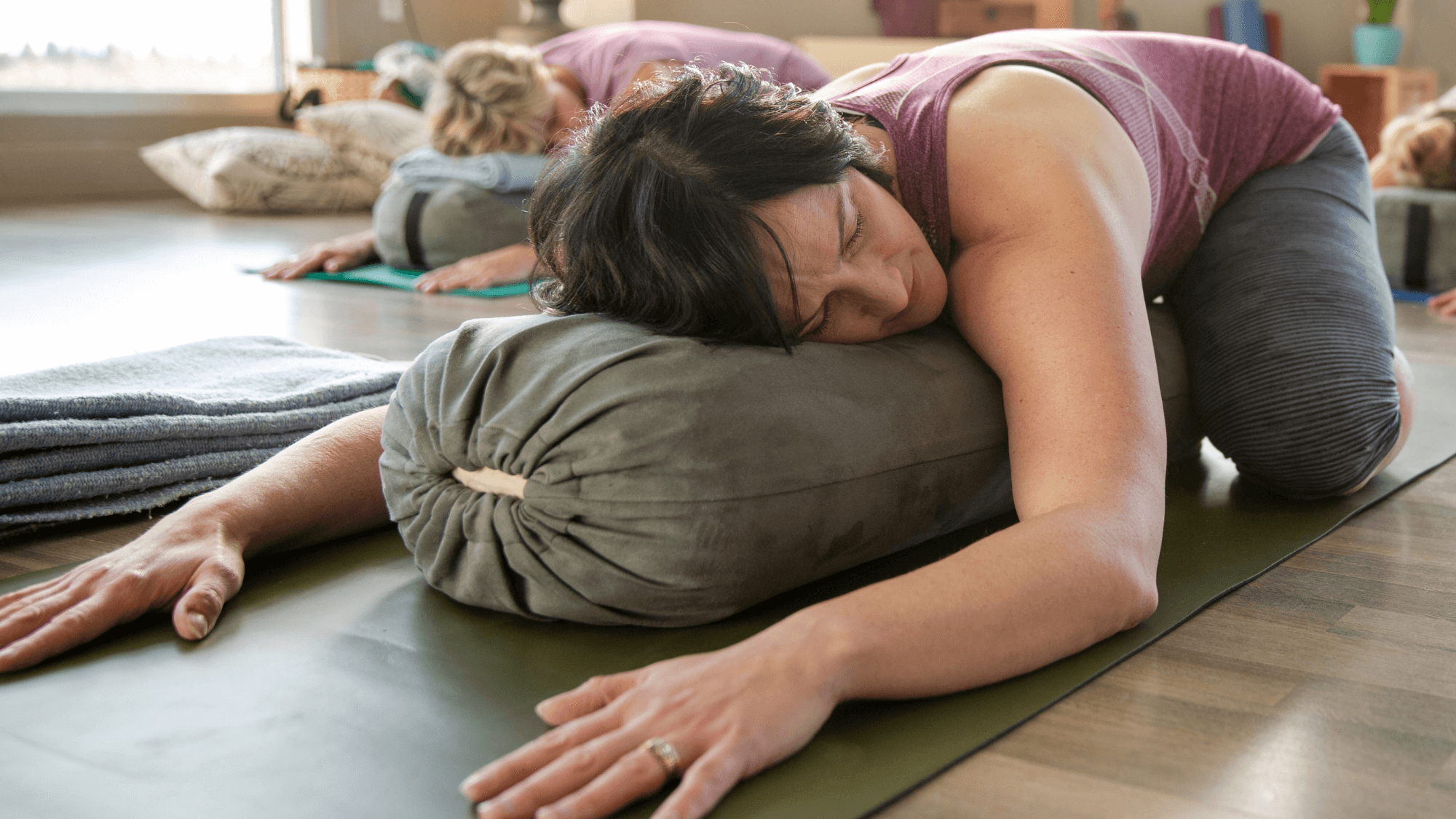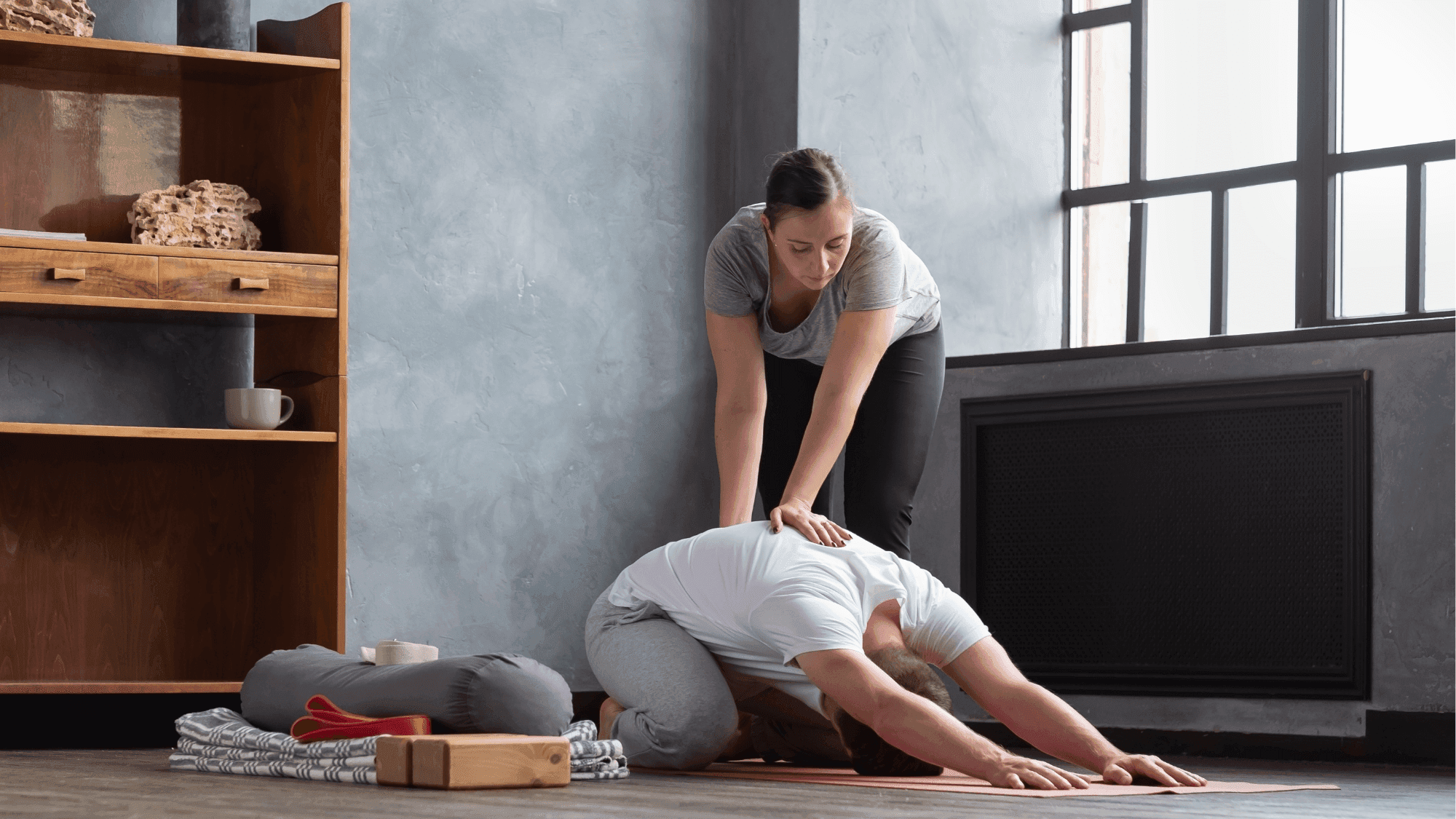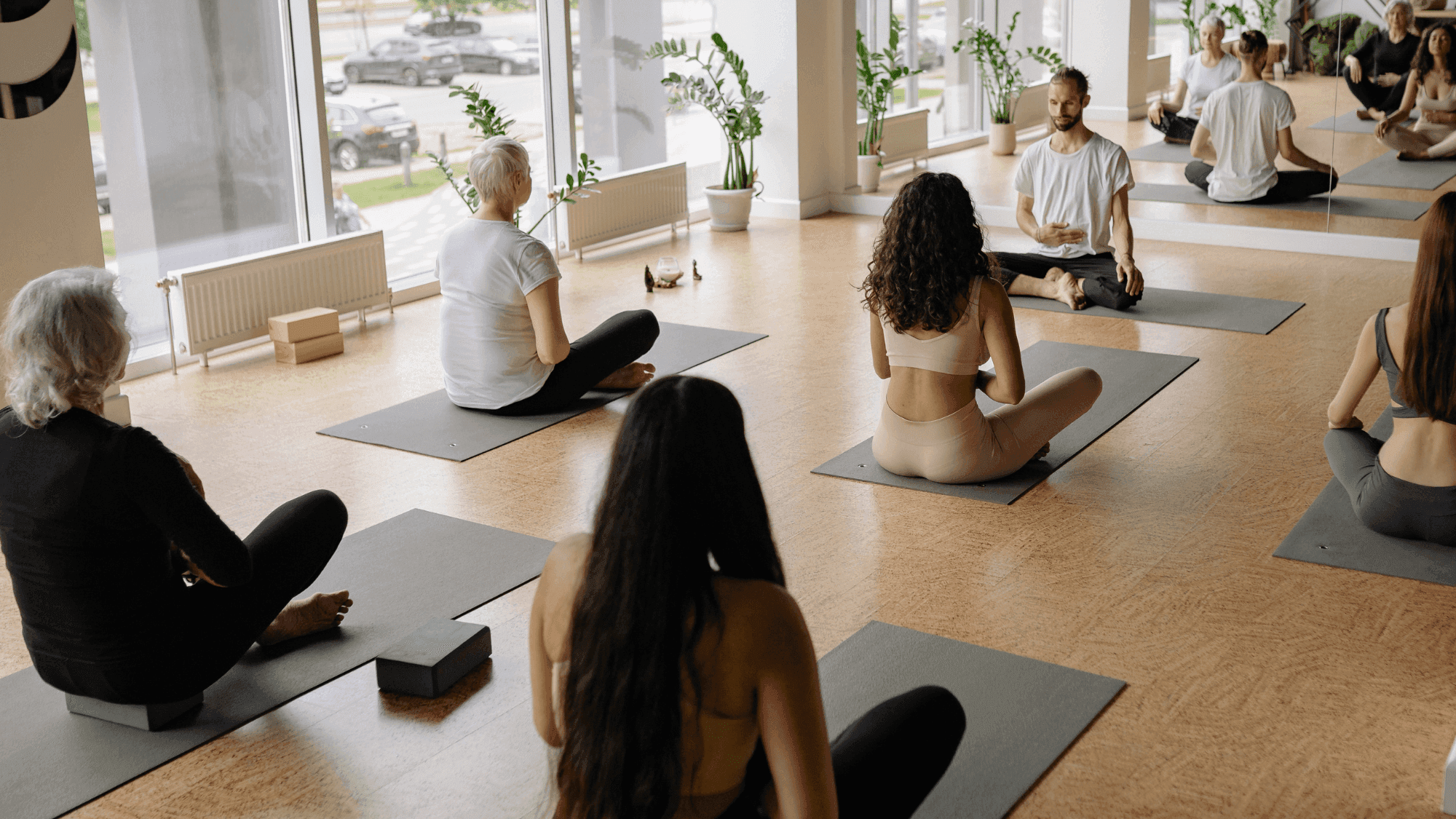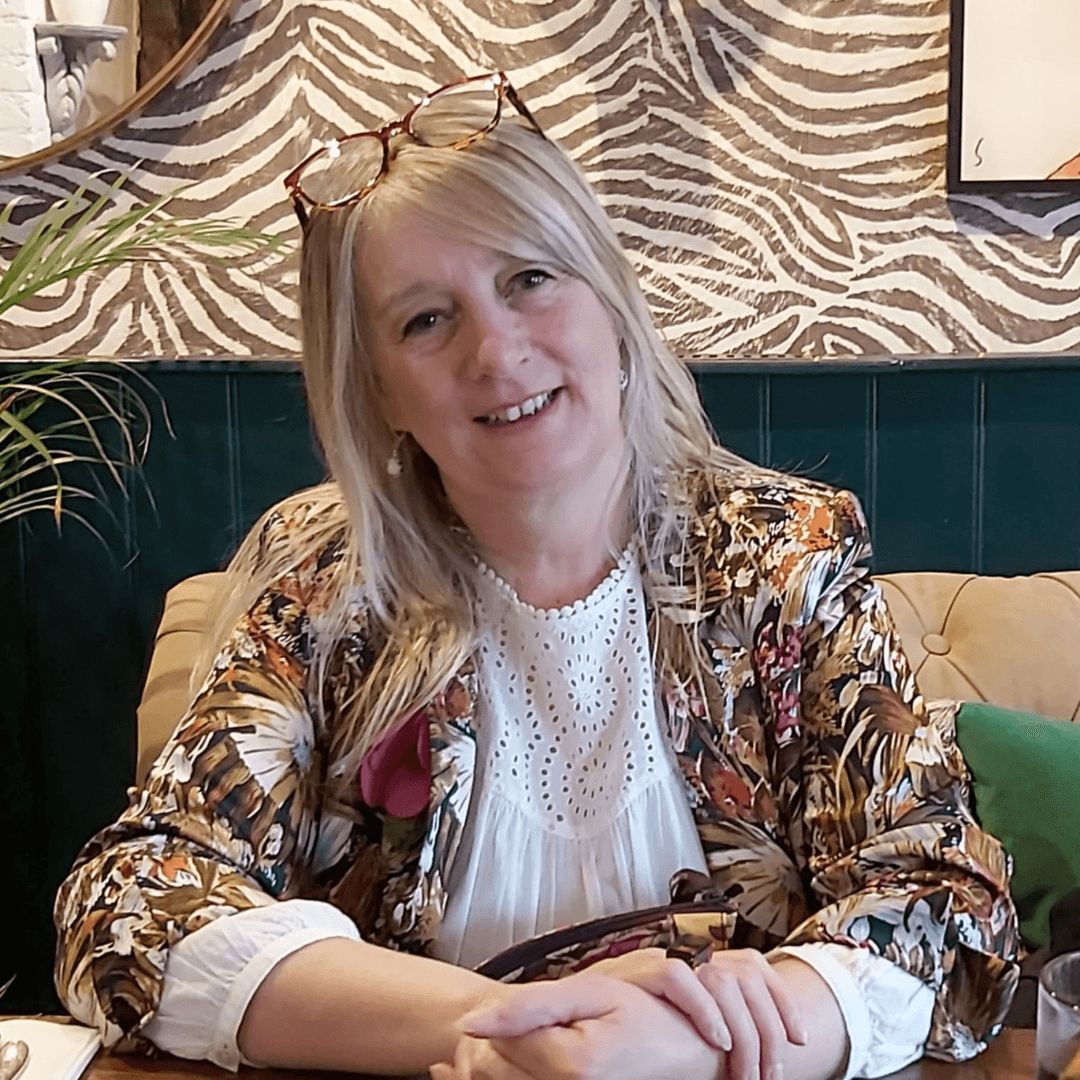
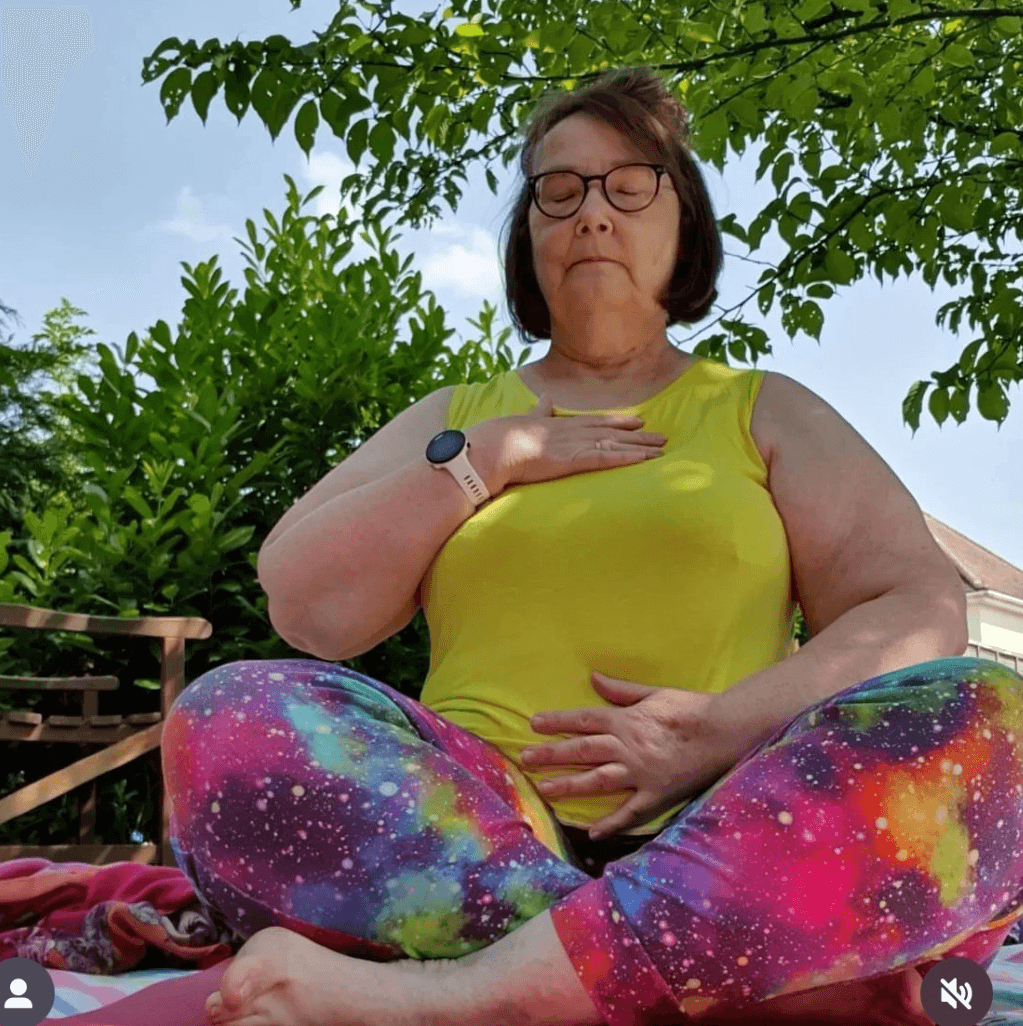
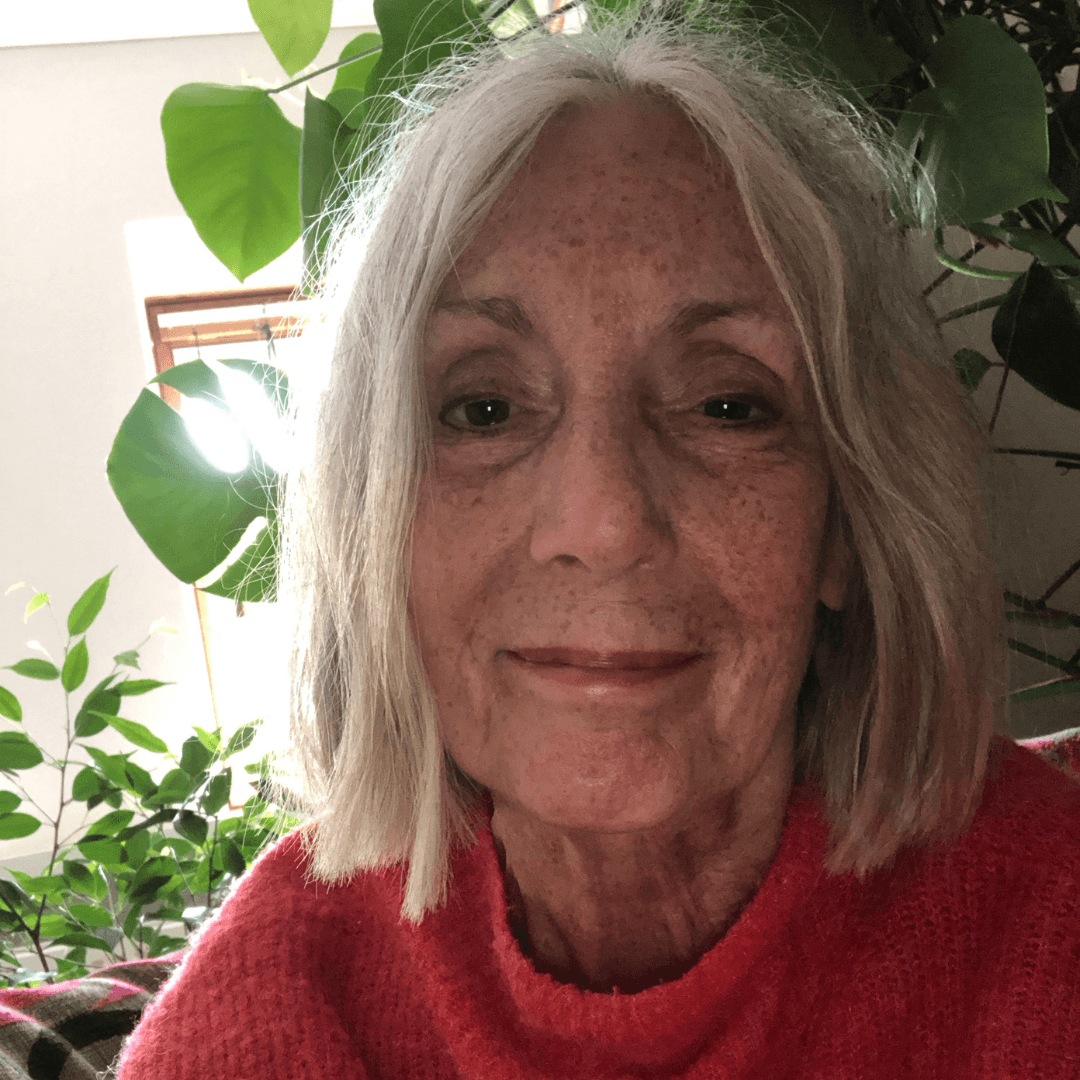
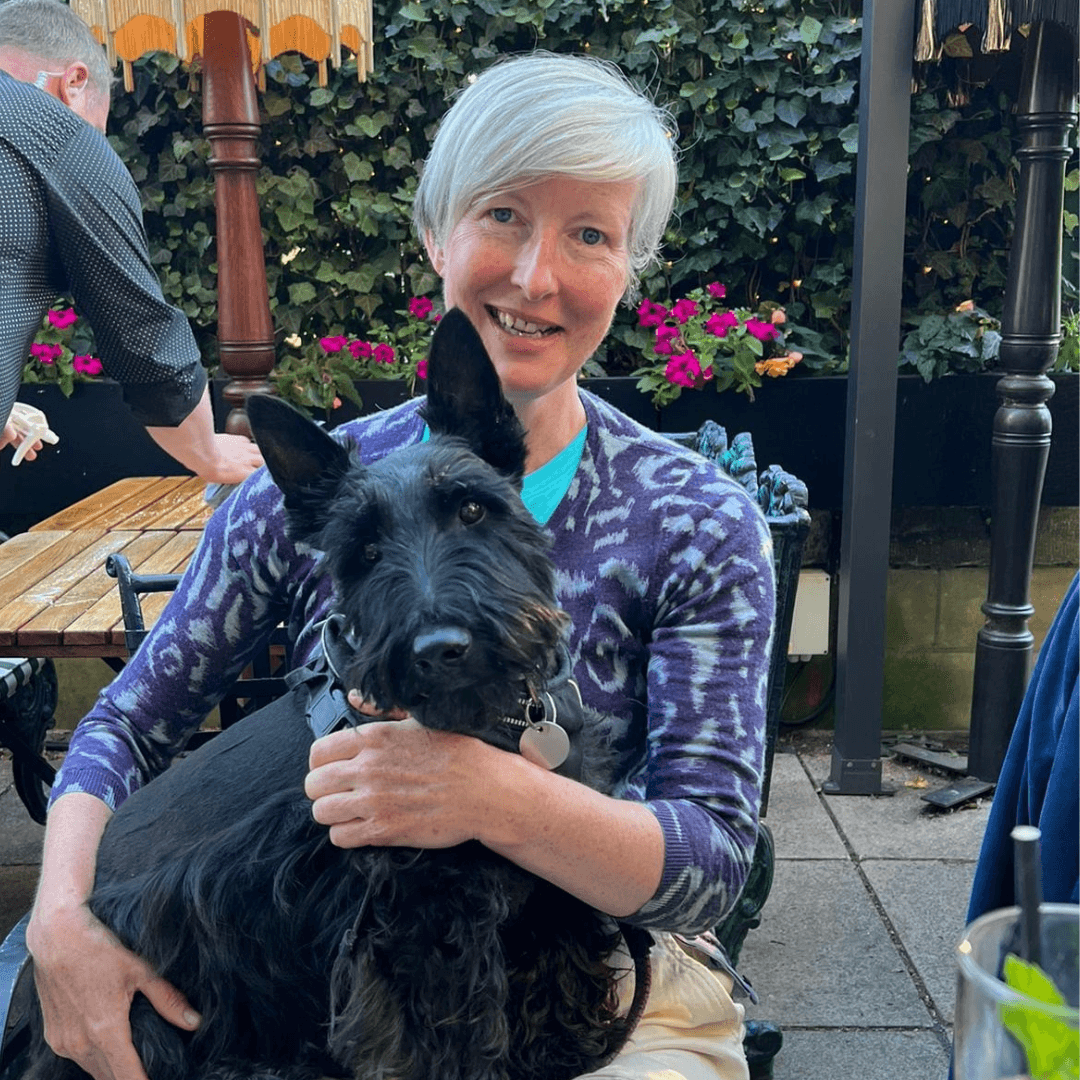
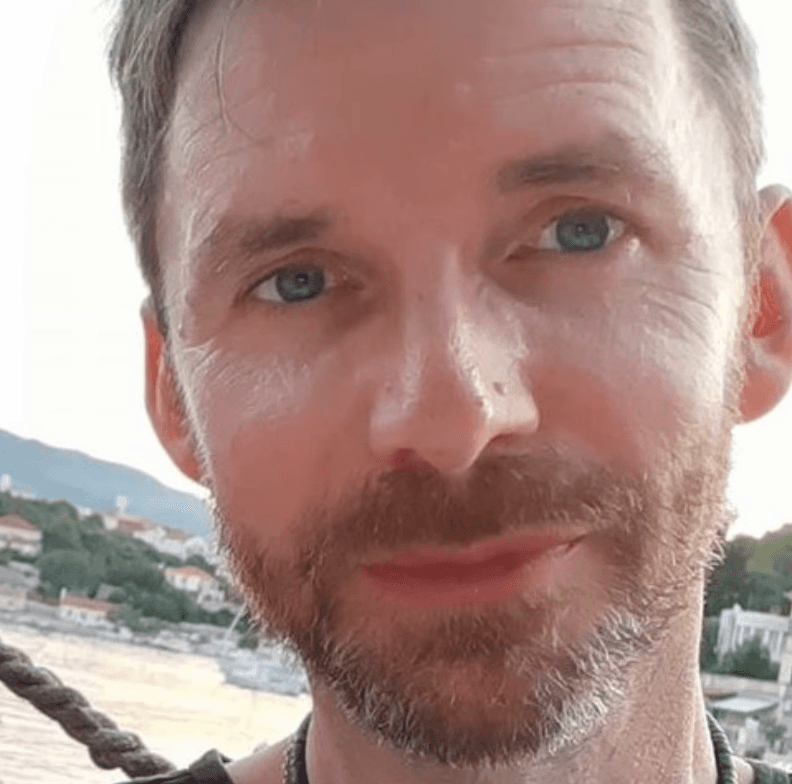
5.0
from 200+ reviews
Resources
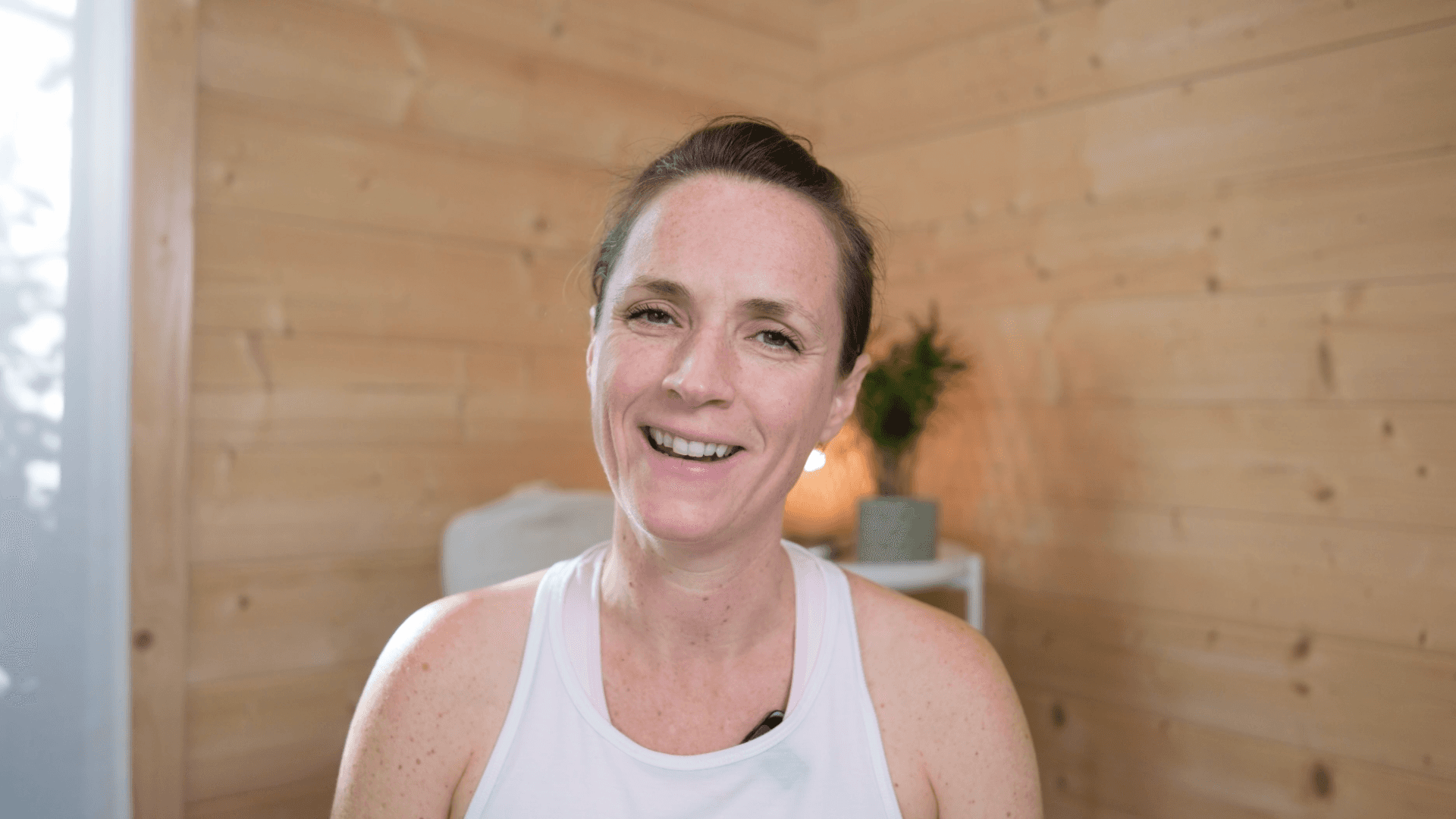
Who are we
A community making yoga personal, supportive, and transformative.
Watch video
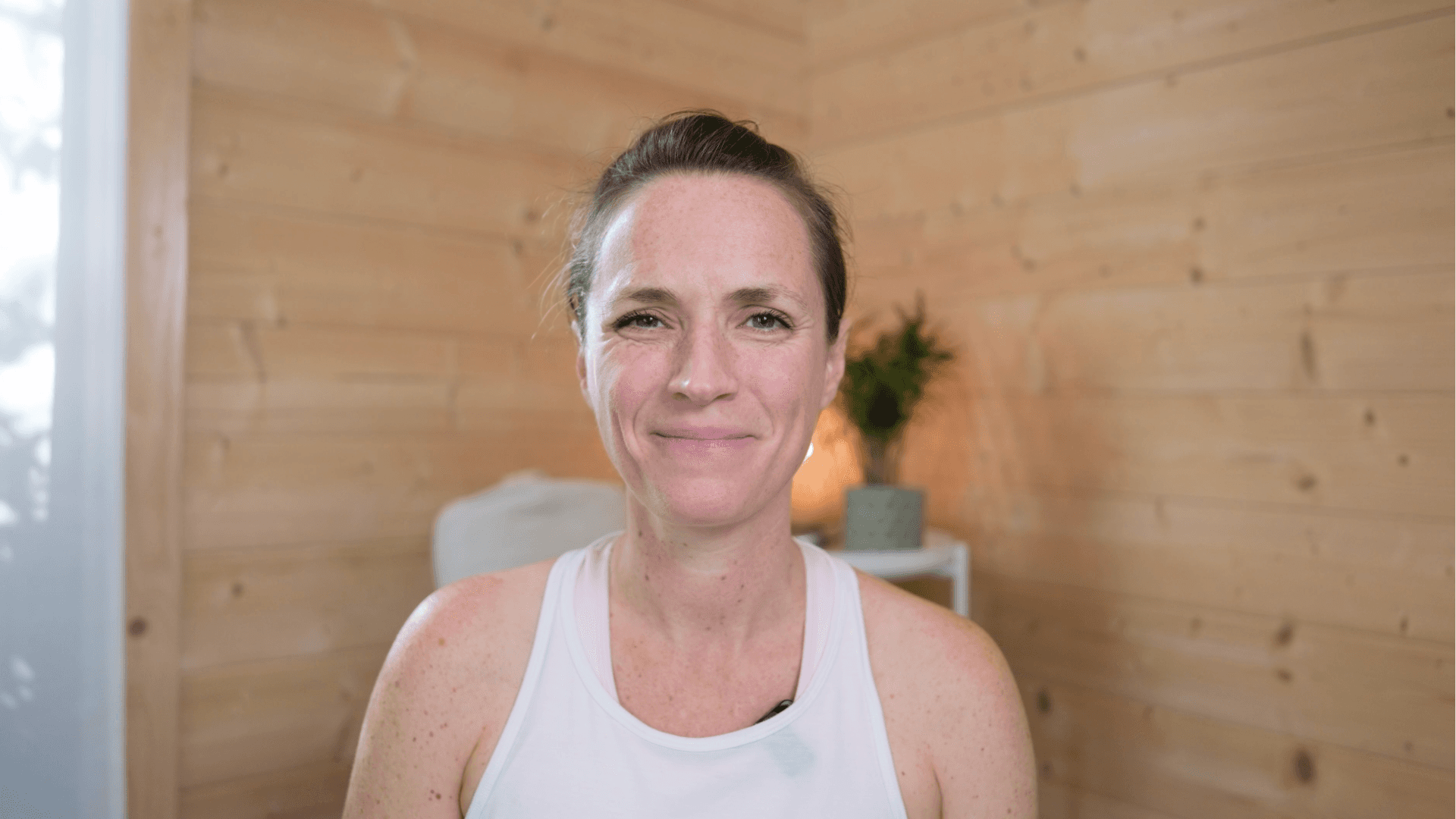
How to get started
Your journey begins with 15 days free. Simple steps, lasting change.
Watch video
What’s the Breath got to do With it?
And how it sets yoga apart from other forms of movement.
Written by
Carrie Froggett
Published on
September 23, 2024
Why the Breath Matters
Many of us go through life unaware of how we breathe, but our breath is the gateway to deeper well-being, both physically and mentally.
Most of us don’t breathe as efficiently as we could. Factors like poor posture, lack of physical activity, or even stress can limit the depth and quality of our breathing. When we don’t breathe fully, we can start to feel tired, foggy, or even anxious. This shallow breathing can create a ripple effect, affecting everything from our energy levels to our mental clarity and emotional state.
Yoga helps us reconnect with our breath and, in doing so, allows us to move from stress to calm, from sluggishness to energy. Unlike other forms of movement, yoga places a special emphasis on breath control - known as pranayama. The breath doesn’t just accompany movement; it leads it. And it’s through this connection, that we begin to feel more in tune with our bodies and minds.
Befriending Your Breath
Your breath is not just something you do automatically. It’s a direct reflection of your physical and emotional health. Have you ever noticed how your breath becomes shallow when you’re stressed? Or how you naturally take deep, slow breaths when you’re relaxed?
In many ways, the breath is like a mirror, reflecting back how we are doing. The good news is that by learning to consciously change how we breathe, we can influence how we feel. Yoga teaches us that our breath has the power to calm the mind, energise the body, and restore balance.
What Your Breath Can Teach You
The breath is a mirror that reflects your physical and mental state.
When we feel tense, anxious, or overwhelmed, our breath tends to become shallow and irregular.
When we consciously breathe deeply and evenly, we send a message to our nervous system that it’s safe to relax. We become more grounded, present and calm.
By changing the rhythm of your breath, you can create a profound shift in how you feel, both physically and emotionally.
Tips on Befriending Your Breath
Be Compassionate: As you begin to notice your breath, remember that it’s not about “getting it right” or judging how you breathe. Your breath isn’t wrong, but perhaps it can be more nurturing. Approach this with a sense of curiosity, not criticism.
Smooth and Even: Try to smooth out the rhythm of your breath. If your inhales or exhales feel jagged or shallow, take a moment to soften them. Aim for smooth, even breaths that feel calming and natural.
Lengthen Your Inhalations and Exhalations: Try gently extending your breath. Start by noticing the length of your inhales and exhales, and then see if you can slowly and gently make them longer. In doing so, you can create more space within your body and mind.
Posture is Key: Your posture can have a huge impact on your ability to breathe deeply. Slouching can compress the lungs and diaphragm, making it harder to take full breaths. Sit or stand tall, drop your shoulders, lift your chest a fraction, allow your spine to feel long, and you’ll instantly notice a difference in your breath.
Practice Anytime, Anywhere: One of the best things about mindful breathing is that you can practice it anytime, anywhere. You don’t need to be on a yoga mat. Whenever you notice your breath becoming shallow - whether you’re in a meeting, stuck in traffic, or just feeling overwhelmed - take a moment to pause, and practice a few deep, even breaths.
The Power of Yoga and Breath
The connection between yoga and breath is transformative. With regular practice, you’ll find that you’re not only breathing more deeply on the mat but throughout your day as well. You’ll start to feel more energised, calm, and in control of yourself.
So, let’s take a moment together to focus on your breath, allowing it to guide you into a place of calm and presence. As you nurture it, you nurture yourself.
